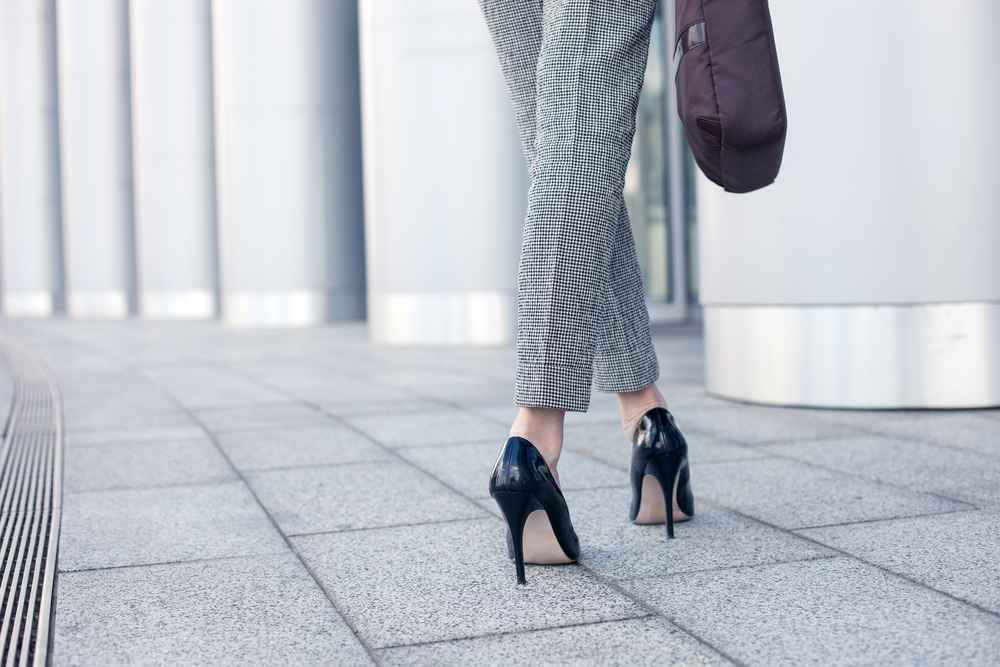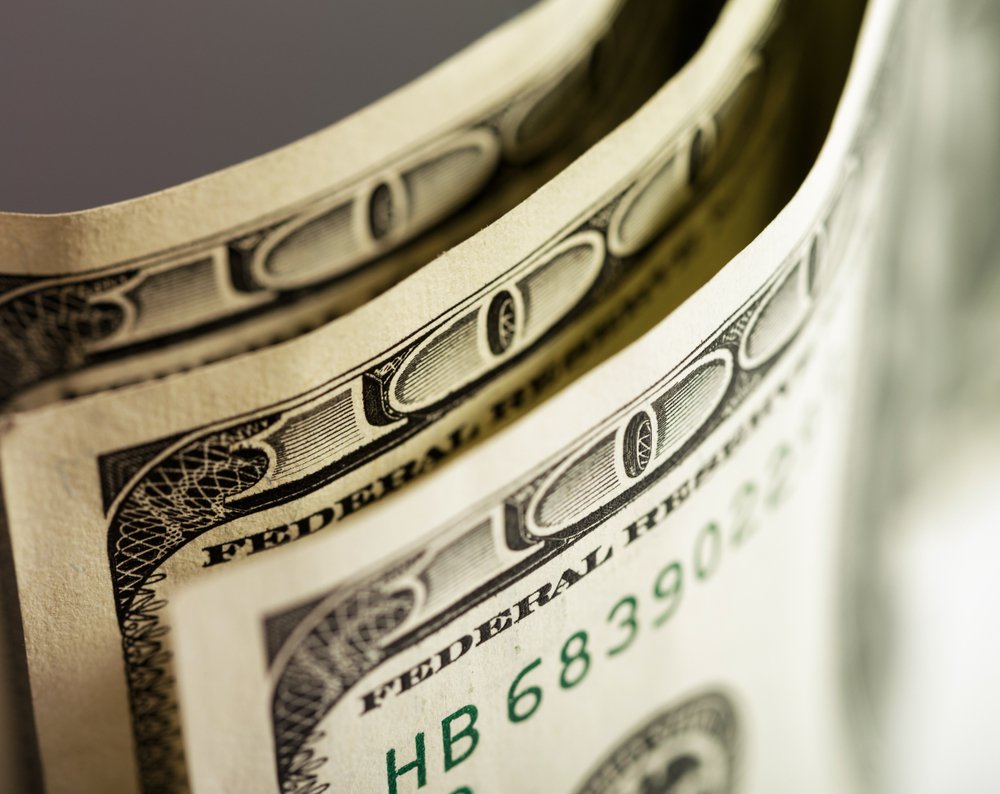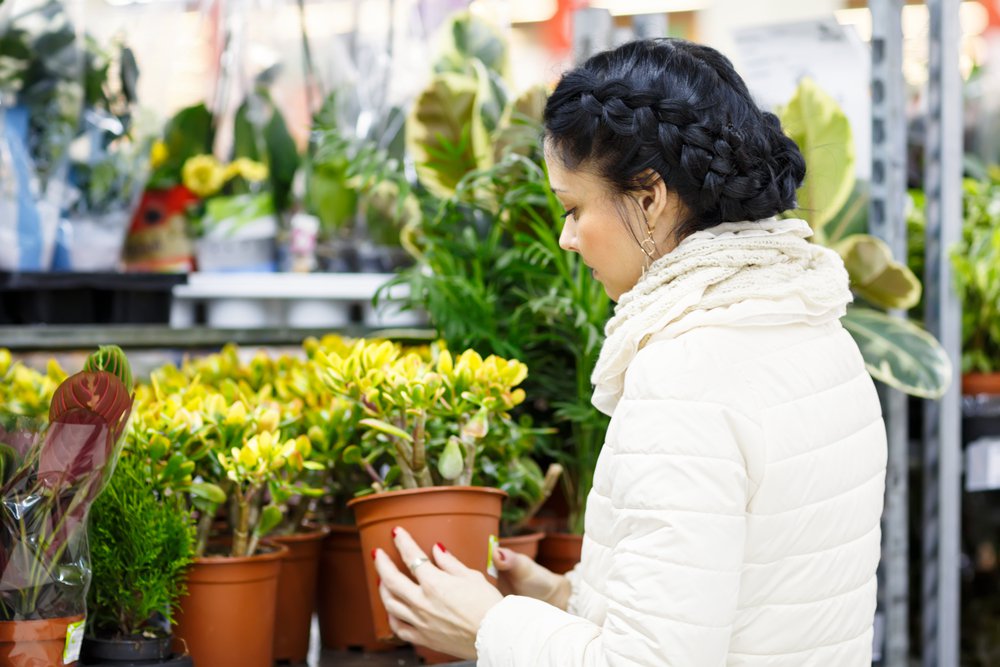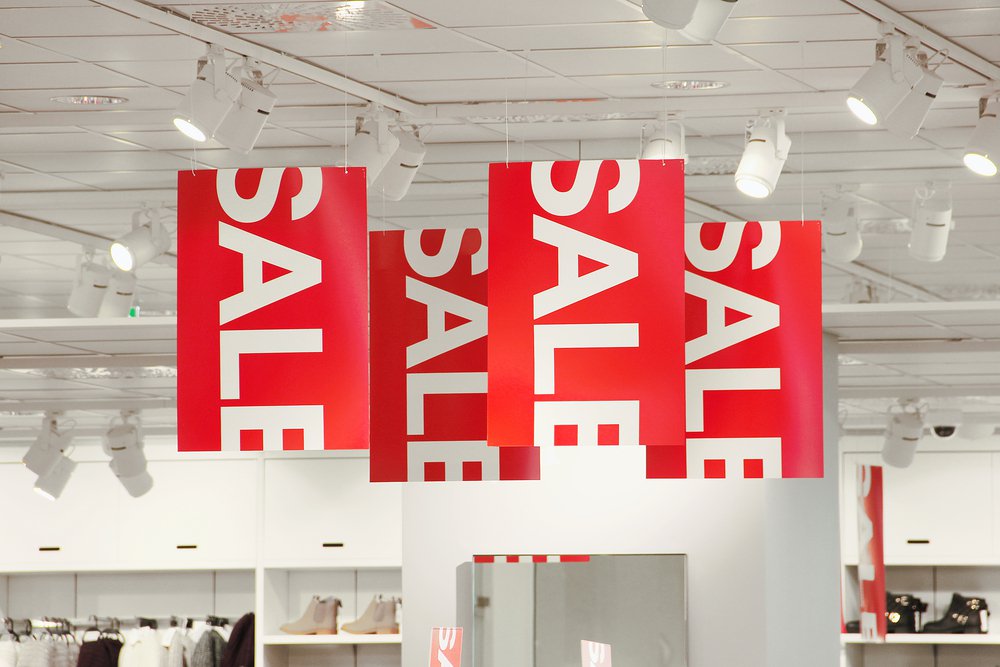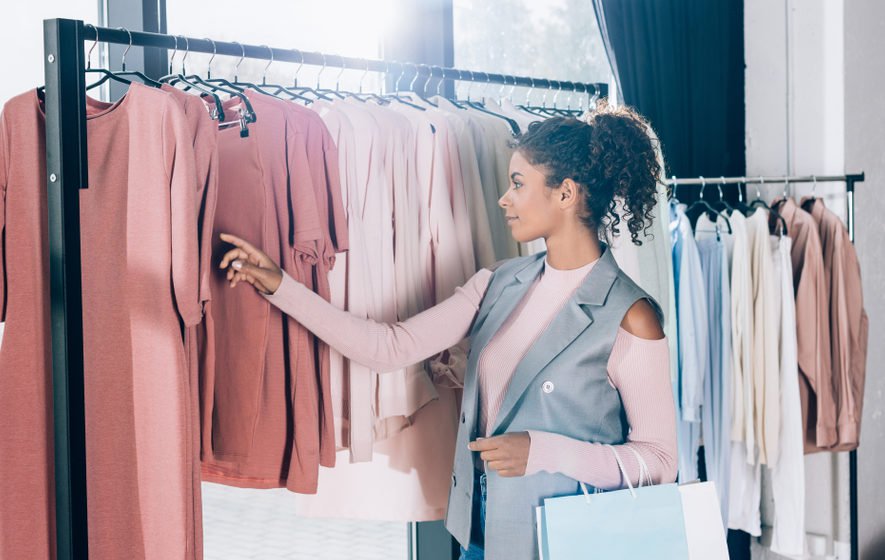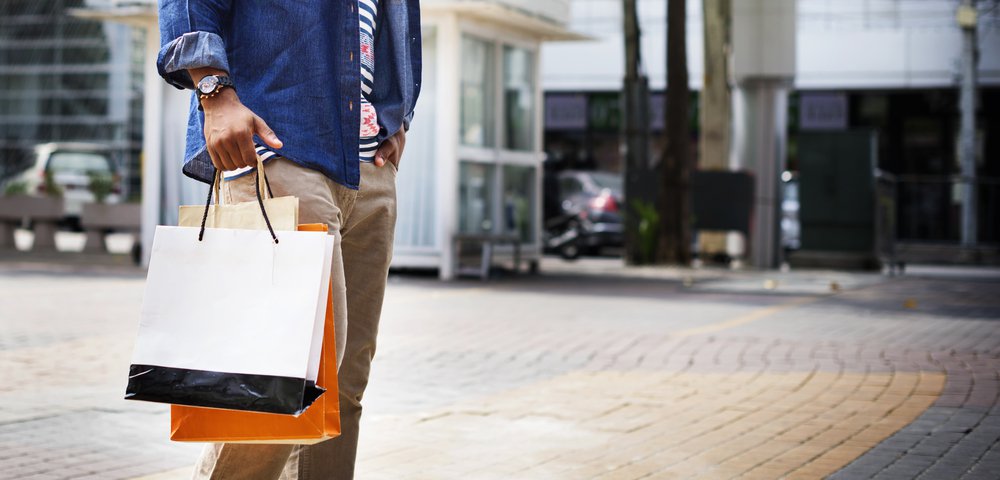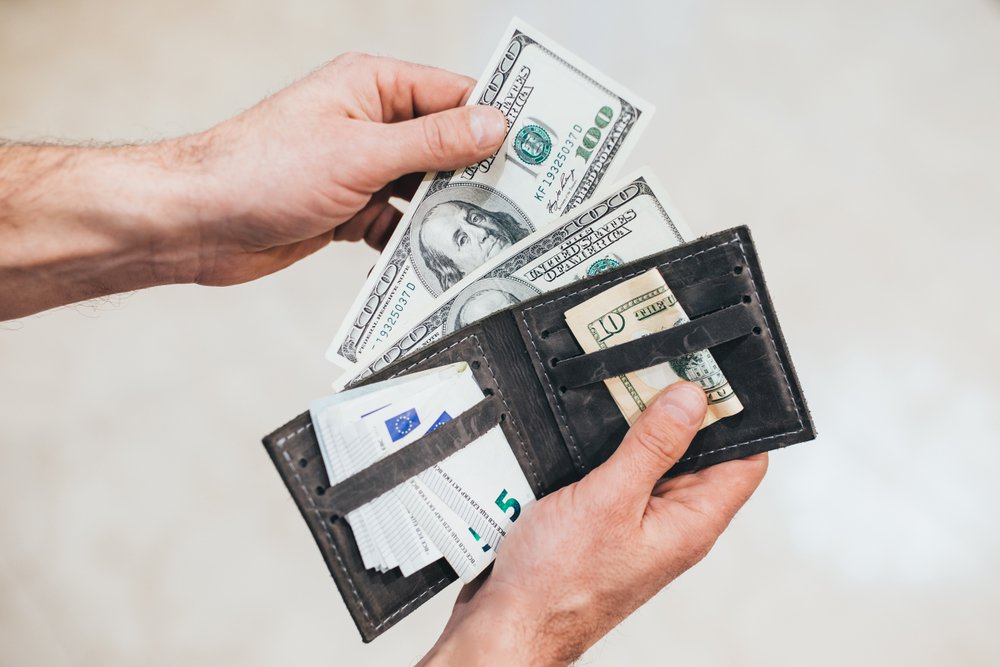These science-backed secrets reveal why and how you spend to help you become a more mindful shopper.
Seasonal decorations are a trap
Around the holidays, red and green store decorations may prime you to splurge, according to Kit Yarrow, PhD, professor of psychology and marketing at Golden Gate University in San Francisco and contributor at PsychologyToday.com. Red stimulates and energizes, she explains, noting that waitresses who wear red uniforms receive 14 to 26 percent higher tips than those in different colored outfits. And green is perceived as an optimistic color, associated with wealth and luck. As for those big, beautiful displays? Yarrow says retailers often put the priciest items toward the center, where you’re likely to look; research also shows you’re significantly more likely to buy something you touch. Stores may also use seasonal scents—pine, or peppermint—to encourage you to shop longer and spend more.
Wear high-heeled shoes when you shop
One recent oddball study found that when consumers’ minds were focused on staying balanced, they were likelier to choose a mid-range product instead of a pricier or low-quality one. If that sounds too uncomfortable, shopping after a yoga class or even after riding an escalator had the same effect, the Brigham Young University study authors told HealthDay.
Use new bills
People prefer crisp new cash to wilted, dirty, old bills, so they’re more likely to readily part with the latter, according to a 2012 study in the Journal of Consumer Research. In studies, participants were willing to spend more money when they had old bills to hand out than when they had newer ones. Follow these 17 habits of people who are great at saving money.
Take a “mindful pause”
Stifle an impulsive purchase by taking what psychologist April Lane Benson, PhD, author of To Buy or Not to Buy: Why We Overshop and How to Stop, calls a “mindful pause” before you whip out the credit card. On a PsychologyToday.com blog, she suggests you give the item to a salesperson, sit down somewhere away from it, and ask yourself the following questions: Why am I here? How do I feel? Do I need this? What if I wait? How will I pay for it? Where will I put it? “Then, only make the purchase if you’re very certain that it’s something you need and can afford,” she explains.
Limit the number of stores you go to
The more stores you visit, the more you will buy, according to Forbes.com. You may tell yourself that you’re comparison shopping, but the more “legwork” you put in, the more you may feel the need to “reward” yourself for your efforts. Make sure you know these 11 secret store policies that will save you money.
Ask a stranger
Think Dad wants a new cappuccino machine or a camcorder? One paper in the journal Social Influence found that almost 60 percent of holiday gifts were used less often than people anticipated. But strangers who guessed how often people would use something only overestimated 10 percent of the time. So if you’re unsure whether you really need that hot new gadget, ask a fellow shopper what she thinks.
Don’t go crazy hunting for bargains
It sounds counterintuitive, but getting too good a deal can backfire. When you feel like you’ve saved money on gifts for others, Yarrow explains that it’s common for you to then treat yourself—but you’re likely to wind up spending more than what you initially saved. Check out these 13 other shopping tricks you’ll wish you knew all along.
Don’t make friends with the sales staff
The more you interact with them, the likelier you are to buy something, Forbes.com notes. Part of why is that you feel like you don’t want to let down someone who has helped you.
Make yourself walk away
The very act of shopping fires the pleasure centers of your brain. As the feel-good brain chemical dopamine flows through your synapses, a shopper’s high can hijack your mind, making you buy things you don’t need or even really want, according to the Wall Street Journal. To minimize this effect, health reporter Tara Parker-Pope suggests you walk away from a potential purchase and come back the next day to see if you still want it. She explains that this “will eliminate the novelty of the situation and help you make a more clear-headed decision.”
Leave your credit cards at home
Research shows people are willing to spend more money with plastic than with cash. The less transparent the payment—and cash is the most visible form of payment there is—the more easily people will spend it. Make sure you also look out for these 32 ways stores trick you into spending money.




